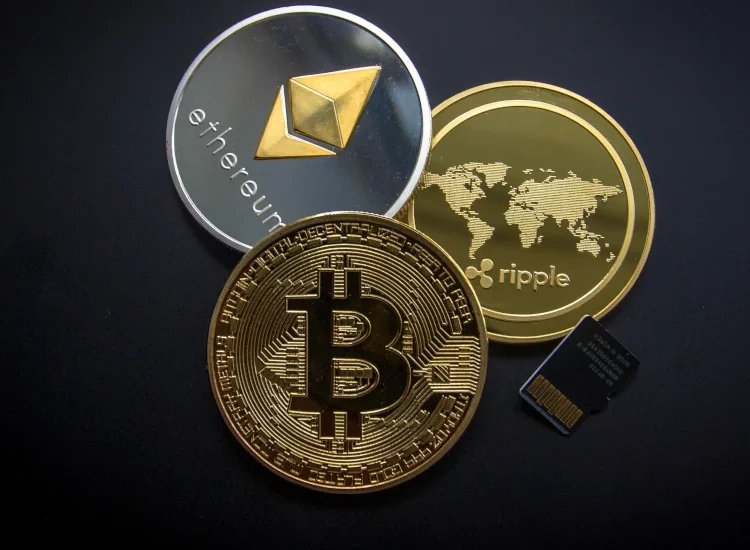Cryptocurrency has come a long way since the introduction of Bitcoin, the pioneering digital currency that revolutionized the financial landscape. Over the years, a plethora of alternative cryptocurrencies, often referred to as altcoins, have emerged, each with its unique features and value propositions. In this article, we will trace the evolution of cryptocurrency from Bitcoin to altcoins, exploring their benefits, examples, and the transformative impact they have had on the world of finance.
The Birth of Bitcoin and the Genesis of Cryptocurrency
Bitcoin, introduced in 2009 by the mysterious figure known as Satoshi Nakamoto, marked the birth of cryptocurrency. It provided a decentralized, peer-to-peer digital payment system that operated on blockchain technology, offering secure and transparent transactions without the need for intermediaries. Bitcoin’s limited supply, decentralization, and censorship resistance captured the imagination of early adopters and set the stage for the cryptocurrency revolution.
The Rise of Altcoins and Diverse Blockchain Applications
Following Bitcoin’s success, altcoins started to emerge, each with its unique characteristics and use cases. One notable example is Ethereum, introduced in 2015, which expanded the capabilities of blockchain technology beyond digital currency. Ethereum’s smart contract functionality allowed developers to build decentralized applications (DApps) and launch their tokens through Initial Coin Offerings (ICOs). This innovation sparked the development of a vibrant ecosystem of decentralized finance (DeFi), non-fungible tokens (NFTs), and other blockchain-based applications.
Benefits and Examples of Altcoins
Altcoins offer various benefits and value propositions that complement or extend beyond Bitcoin’s capabilities. Some altcoins focus on privacy and anonymity, such as Monero and Zcash, providing users with enhanced transactional privacy. Others aim to improve scalability and transaction speed, like Litecoin and Bitcoin Cash, offering faster confirmation times and lower fees.
Additionally, altcoins like Ripple and Stellar focus on facilitating efficient cross-border transactions and remittances. These digital assets leverage blockchain technology to streamline international money transfers, reducing costs and settlement times compared to traditional systems.
Another category of altcoins includes utility tokens, such as Binance Coin (BNB) and Chainlink (LINK), which power specific blockchain ecosystems and provide various functionalities within them. These tokens enable users to access services, participate in governance, or pay for transaction fees within their respective networks.
The Impact and Future of Cryptocurrency
Bitcoin to Altcoins. Cryptocurrency has had a profound impact on the financial landscape, offering numerous opportunities for investors, businesses, and individuals worldwide. It has democratized access to financial services, enabling anyone with an internet connection to participate in global transactions and investments.
Moreover, cryptocurrency has spurred innovation in areas such as decentralized finance, asset tokenization, and borderless payments. It has provided alternative avenues for fundraising through ICOs and enabled new forms of digital ownership through NFTs.
As the cryptocurrency ecosystem continues to evolve, ongoing challenges remain, including regulatory frameworks, scalability issues, and user adoption. However, advancements in technology, growing institutional interest, and increasing mainstream acceptance indicate a promising future for cryptocurrency as a transformative force in the global financial system.
Conclusion: The Ever-Evolving Cryptocurrency Landscape
Cryptocurrency has undergone a remarkable evolution, starting with Bitcoin and expanding to a diverse range of altcoins. These digital assets have revolutionized the financial landscape, offering benefits such as decentralization, privacy, scalability, and utility. As the cryptocurrency ecosystem continues to grow, it presents exciting opportunities for investors, businesses, and individuals worldwide. With ongoing technological advancements and increasing adoption, the future of cryptocurrency looks promising, paving the way for a more inclusive and decentralized financial system.
More information about crypto awaits you at PINIGUS Blog.
